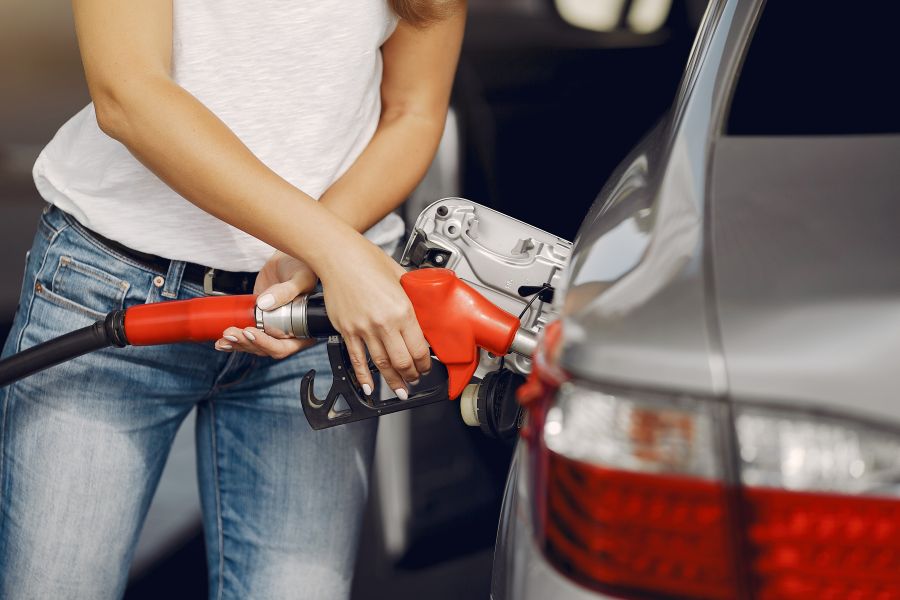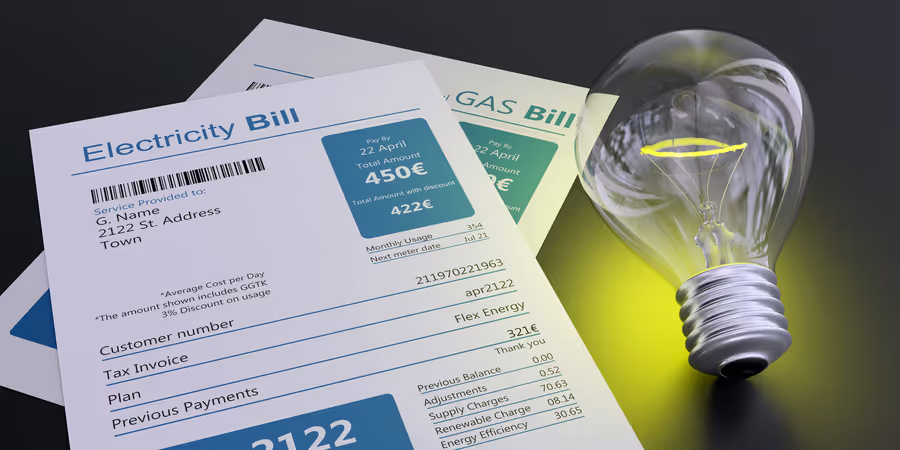Fuel costs add up fast - especially when half your week is spent behind the wheel visiting clients, suppliers or sites. It’s no wonder many business owners wonder how much of that fuel spend they can claim back through VAT. The short answer? It depends. The slightly longer one involves something called scale charges - HMRC’s way of keeping things fair when a single tank covers both business and personal miles.
In this guide, we’ll demystify scale charges and break down the VAT rules for business fuel use, including when you can reclaim VAT, how scale charges work and the best way to stay compliant.
Looking instead for your tax mileage allowance? Our free mileage tax calculator helps you work out how much you can claim for mileage.
When can you reclaim VAT on fuel?
If your business is VAT-registered, you can usually reclaim the VAT on fuel used for business purposes. That means journeys made wholly and exclusively for work - things like driving to meet clients, travelling between job sites or making deliveries.
The challenge comes when you (or your employees) use the same vehicle for both business and personal journeys. In that case, you’ll need to decide how to handle the VAT on mixed-use fuel. HMRC gives you a few different options, depending on how you operate.
{{ltd-guide}}
Your options for reclaiming VAT on fuel
There’s no one-size-fits-all answer to reclaiming VAT on fuel. It depends on how you use your vehicle. Here’s how the main options break down:
1. Claim all the VAT and apply the fuel scale charge
If your business pays for all fuel (business and personal), you can reclaim 100% of the VAT on those fuel purchases. However, you’ll then need to apply what’s called a fuel scale charge.
A fuel scale charge is a fixed amount set by HMRC, based on your vehicle’s carbon emissions. It acts as a way to repay the VAT you’ve reclaimed on private fuel use, without having to track every personal mile. Essentially, it’s a simplified method that balances things out.
For many companies with company cars or shared-use vehicles, this option keeps things tidy and predictable.
2. Reclaim VAT only on business mileage
If keeping things precise matters more than convenience, you can reclaim VAT only on the proportion of fuel used for business purposes. You’ll need accurate mileage records showing the split between business and personal journeys, and you’ll claim VAT based on that percentage.
For example, if 70% of your total mileage is for business, you can reclaim 70% of the VAT on your fuel receipts.
3. Don’t reclaim VAT at all
In some cases, it might be easier to skip reclaiming VAT altogether. For example, if most fuel use is personal, or if the admin of record-keeping and scale charges outweighs the benefit.
What are fuel scale charges?
Fuel scale charges are HMRC’s way of simplifying VAT on mixed-use fuel. Instead of calculating the exact amount of VAT relating to personal mileage, you pay a fixed monthly charge that reflects your vehicle’s carbon emissions and fuel type.
HMRC updates the fuel scale charge tables every year (usually around April), and you can find the current rates here on HMRC’s website.
The charge is then added to your VAT return as output tax, meaning it increases the amount of VAT you owe for the period. It’s a trade-off: full VAT recovery upfront, but with a fixed “give back” based on your car’s emissions.
Example: How VAT on fuel and scale charges work
Let’s say you’re a VAT-registered business owner who uses your company car for both work and personal trips. Over a quarter, you spend £600 on petrol, including £100 VAT.
You decide to reclaim all £100 of VAT, and your car’s carbon emissions place it in a fuel scale charge band of £90 (VAT-inclusive) for the same quarter.
Here’s how it plays out:
- You reclaim £100 input VAT on your fuel.
- You pay £90 output VAT as the fuel scale charge.
- The net effect? You save £10 and simplify your admin.
If your personal mileage is relatively low, this method often works out in your favour. But if you drive mostly for personal use, it might not be worth it.
Keeping proper records
As with all VAT and tax matters, good record-keeping is essential. HMRC expects you to maintain detailed evidence to support your claims, including:
- VAT receipts for all fuel purchases
- Mileage logs showing business vs personal use (if applicable)
- Records of which vehicles are used for business and who drives them
- Copies of fuel scale charge calculations (if used)
Using digital accounting software that integrates with your VAT return can make this process much smoother - especially under HMRC’s new Making Tax Digital (MTD) rules.
{{crunch-free}}
Special cases to know about
Here are some situations where fuel VAT rules work a little differently.
Company cars
If your company provides cars to employees for both work and private use, you’ll almost always need to use the fuel scale charge method unless you make employees reimburse personal mileage.
Vans and commercial vehicles
For vans or other commercial vehicles used primarily for business, you can usually reclaim all the VAT on fuel, provided there’s minimal personal use.
Mileage claims from employees
If employees use their own cars for business journeys and claim mileage, you can reclaim VAT on the fuel element of those mileage payments - but only if you keep fuel receipts and use HMRC’s advisory fuel rates.
When reclaiming VAT on fuel isn’t allowed
Not every business expense qualifies for VAT recovery. You can’t reclaim VAT on fuel if:
- Your business isn’t VAT-registered.
- The fuel isn’t used for business purposes (e.g. commuting).
- You don’t have valid VAT receipts.
- You’re using the flat rate VAT scheme and haven’t opted out of fuel VAT recovery.
How Crunch can help
VAT on fuel can get complicated fast, and especially if your business uses multiple vehicles or reimburses staff mileage. The key is choosing the right method for your setup and keeping airtight records.
At Crunch, our team of friendly expert accountants help small businesses and limited companies make sense of VAT - from registering and filing to reclaiming correctly on expenses like fuel. We’ll help you figure out whether scale charges or mileage calculations make the most sense for you, and make sure you stay compliant with HMRC while keeping your tax bill as low as possible.
Getting VAT on fuel right
Managing VAT on fuel doesn’t have to be a guessing game. Once you understand the basic options - full reclaim with scale charges, proportional claims based on mileage or skipping VAT recovery altogether - it’s just a matter of keeping clear records and being consistent.
Handled properly, reclaiming VAT on fuel can make a noticeable difference to your bottom line. So take the time to review your approach, talk to your accountant and make sure you’re not leaving money (or unnecessary admin) on the table.

.svg)



.webp)















